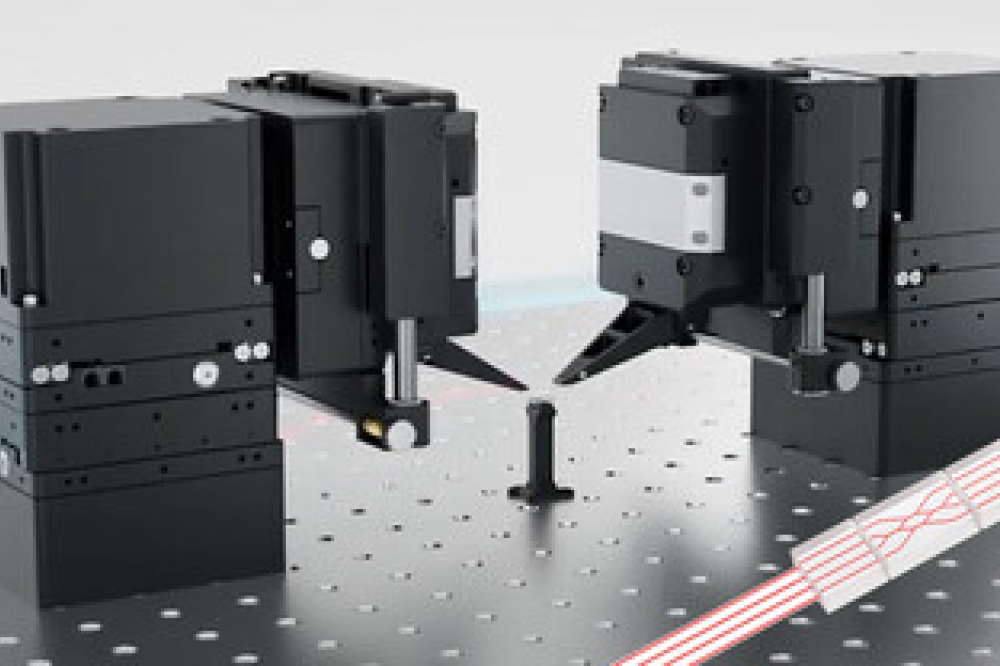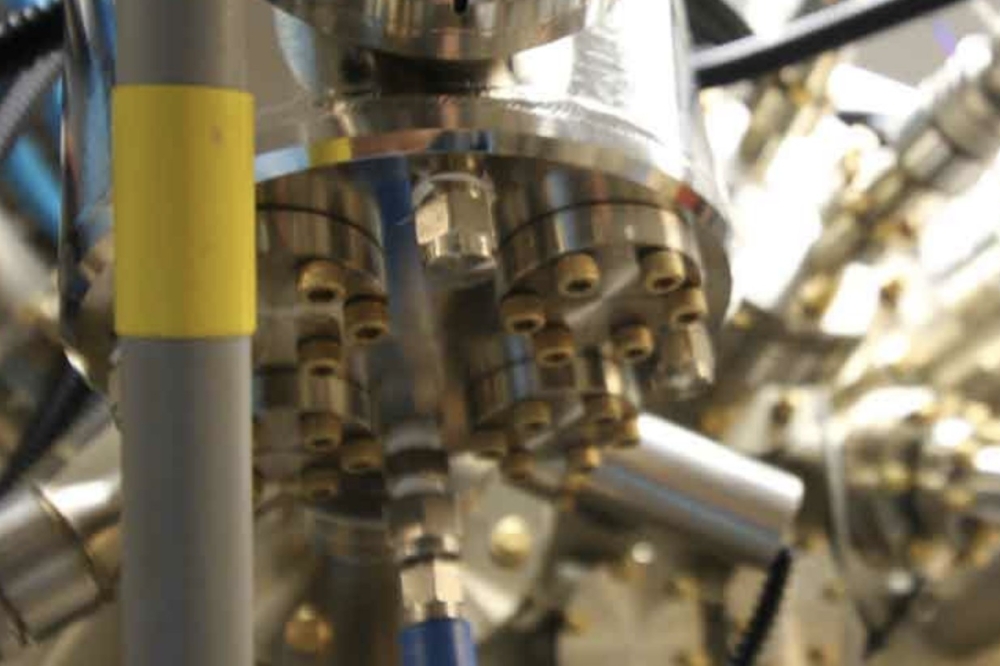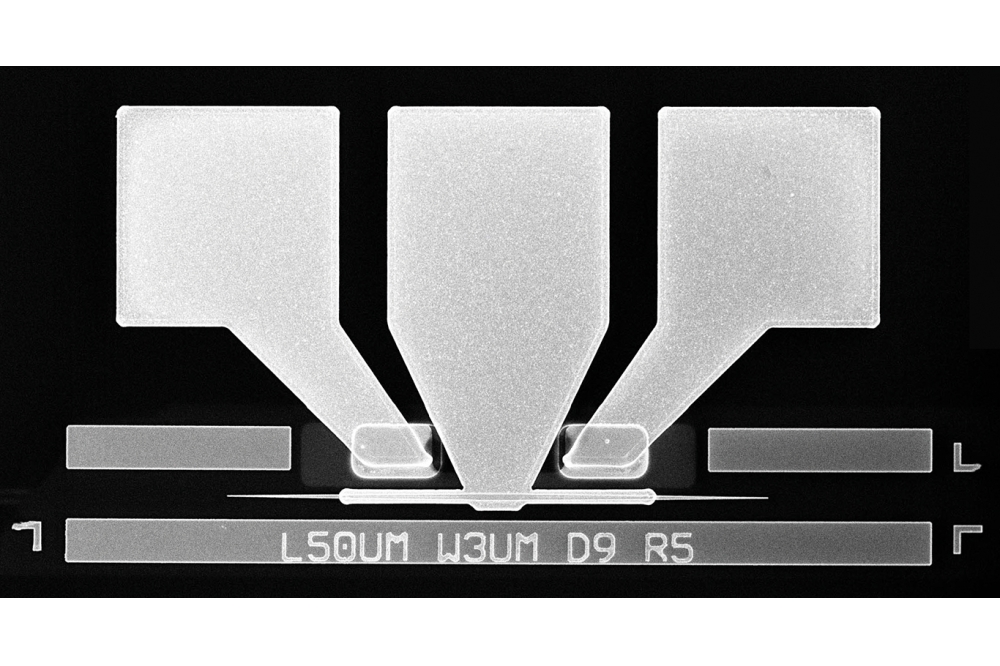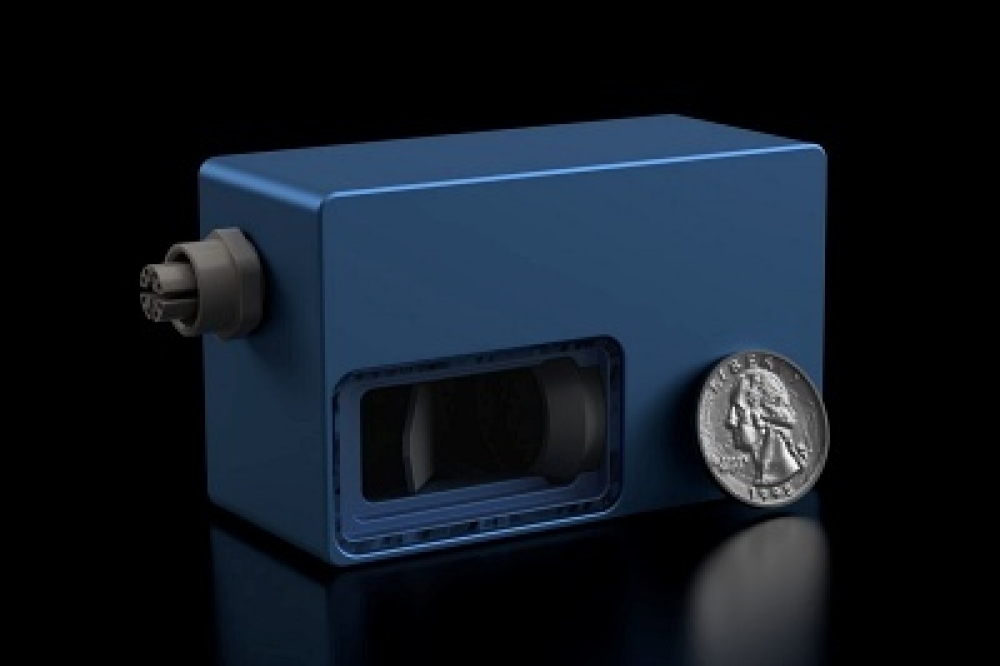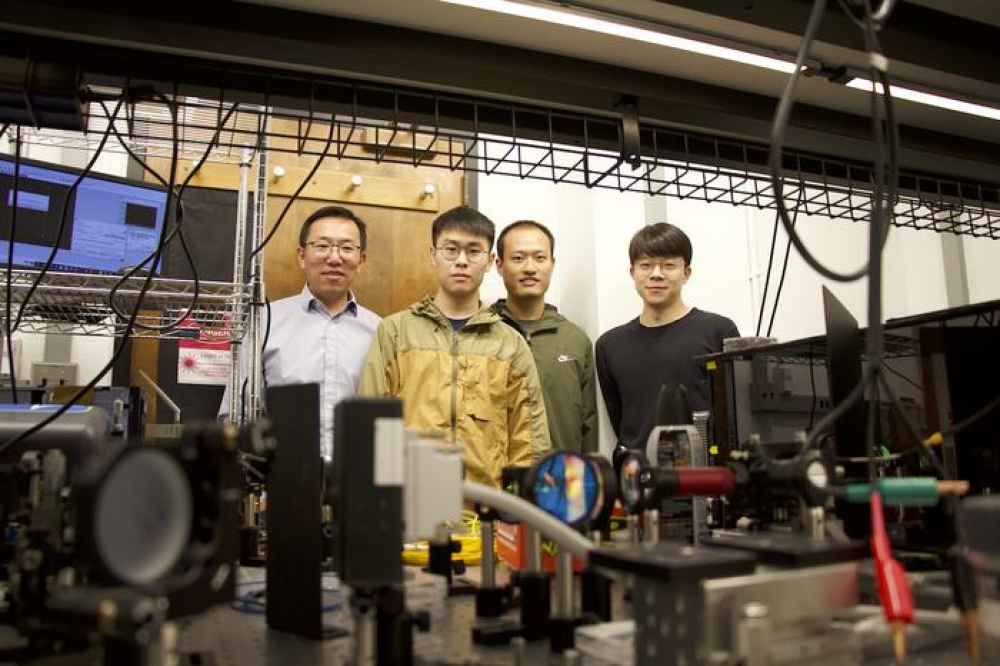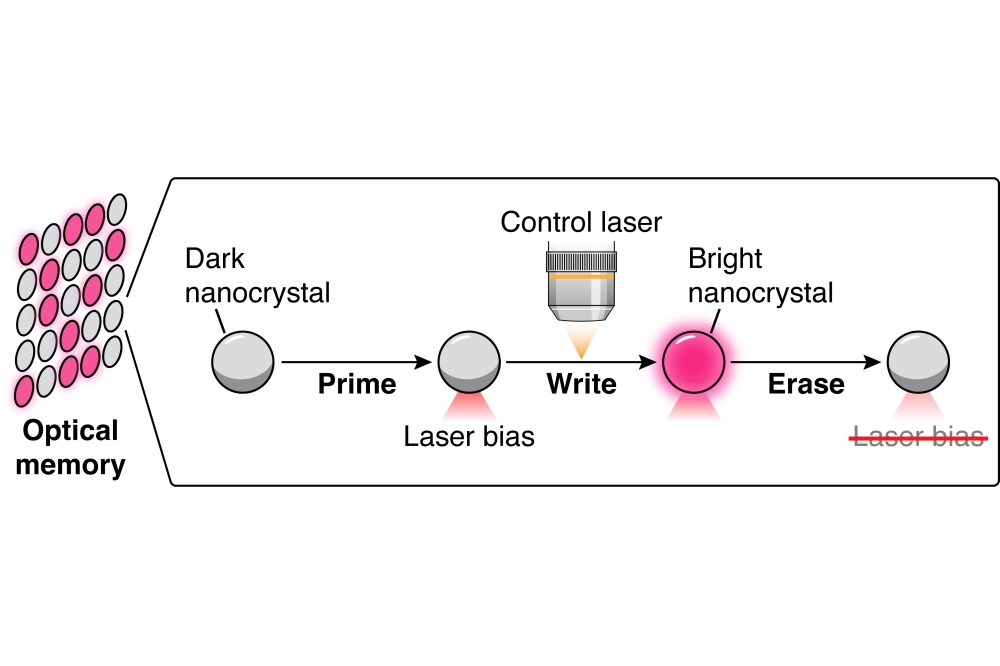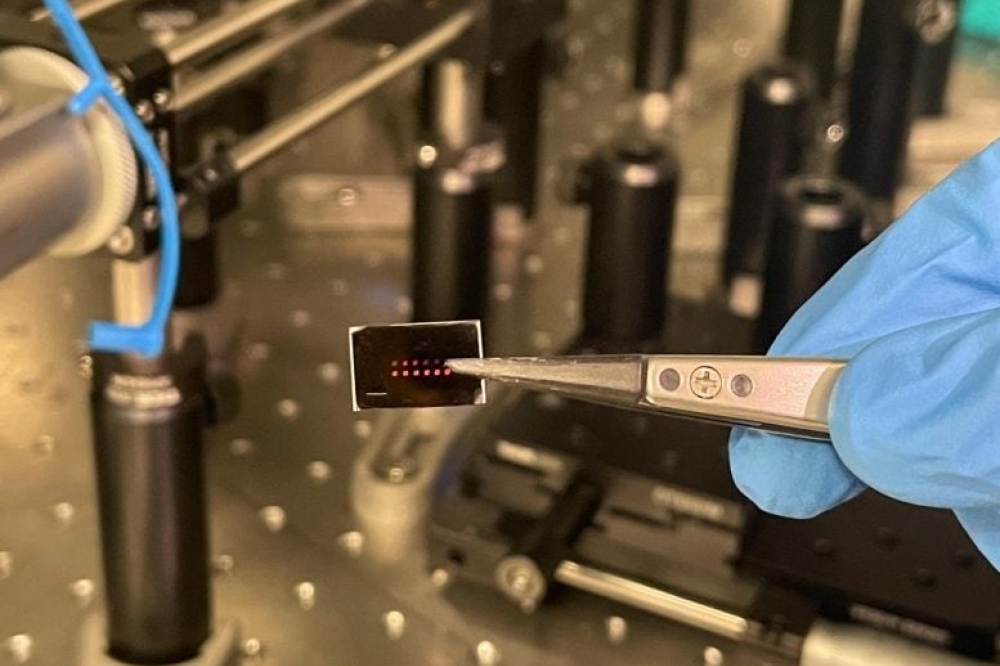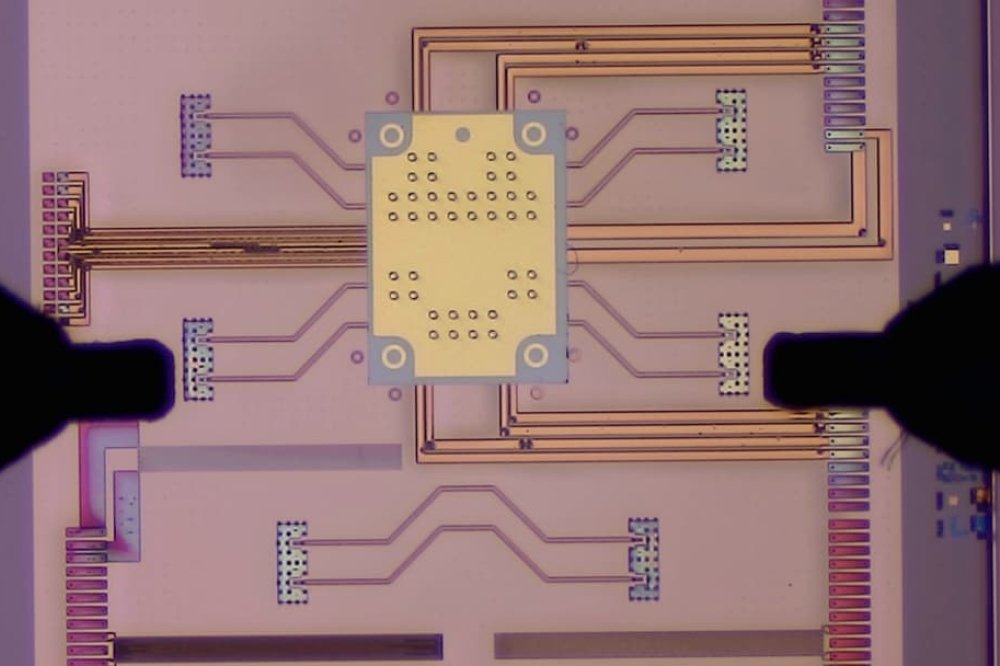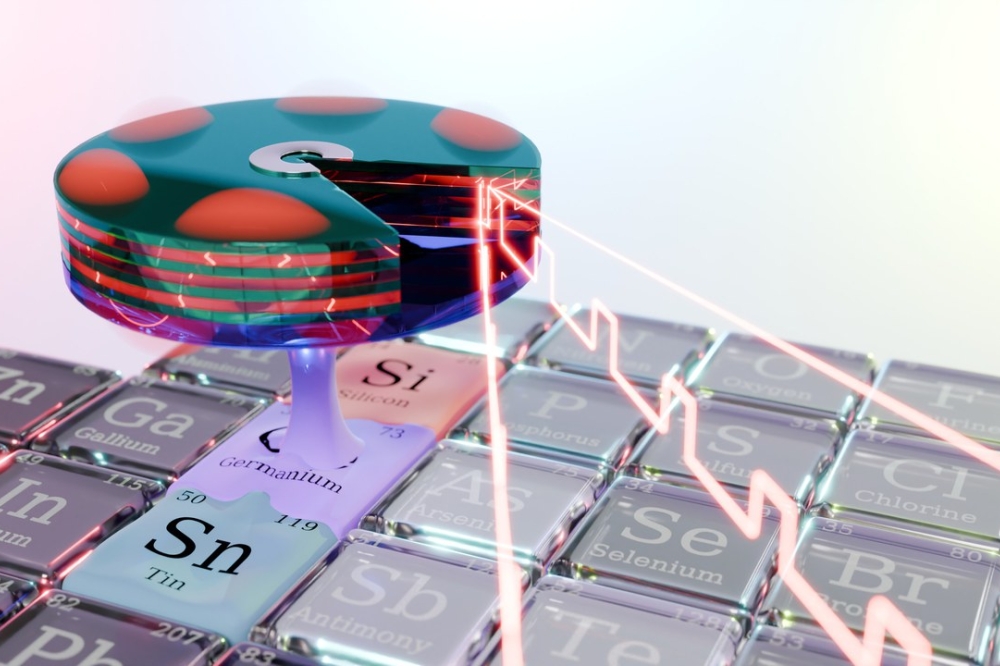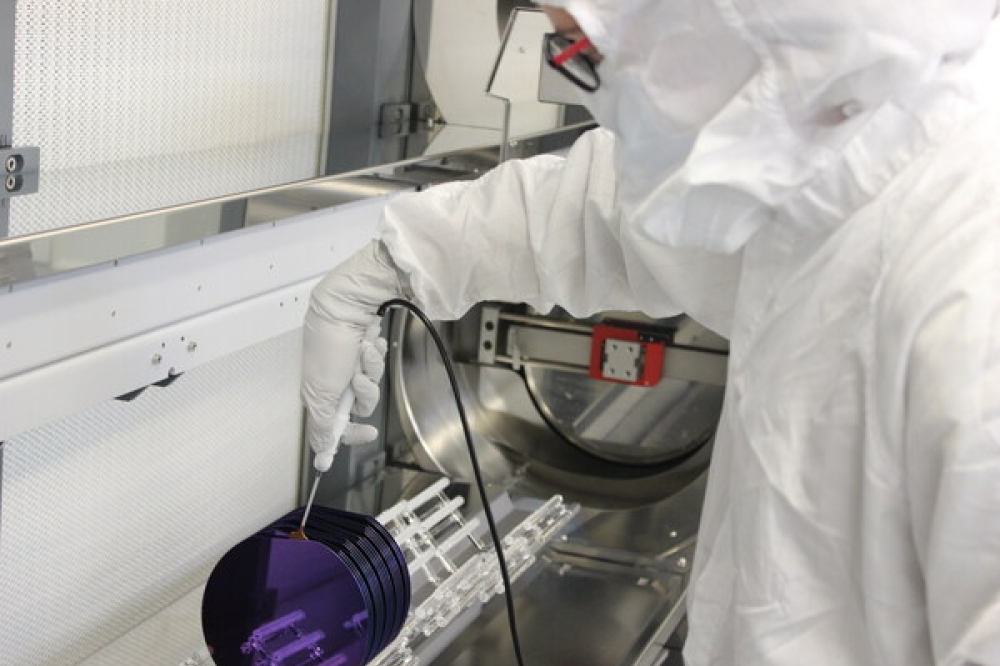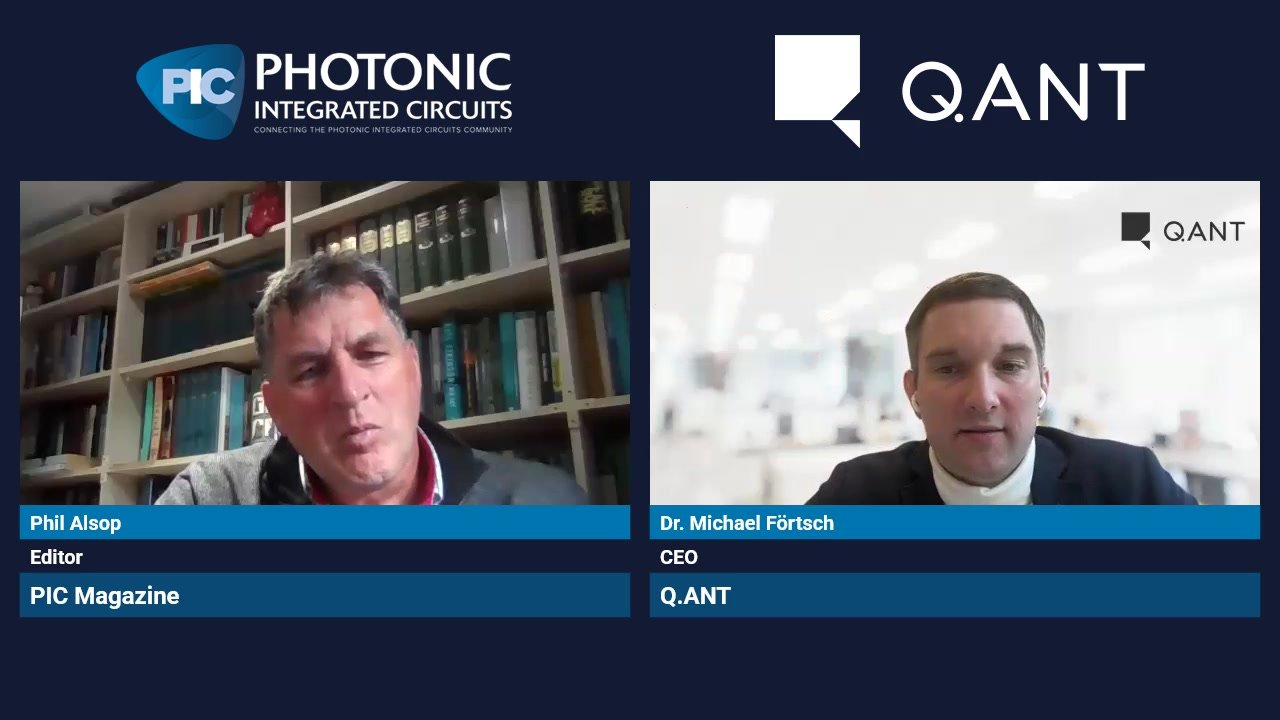Rapid Photonics receives €300,000 for lithium niobate PIC production
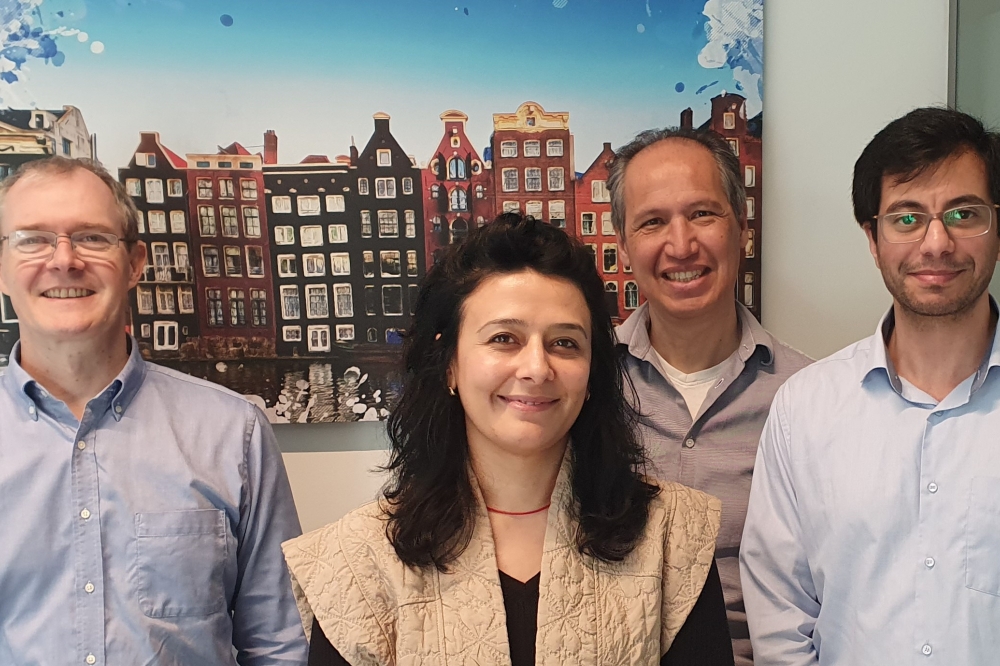
The start-up says its technology can enable industrial-scale production of lithium niobate PICs, and that it will use the investment from Innovation Fund Noord-Holland to develop a demonstrator for the telecom market
Rapid Photonics, an Amsterdam-based start-up focusing on lithium niobate PICs, has received a convertible loan of €300,000 from the Innovation Fund Noord-Holland. The company says it will use this funding to develop a technology for the production of integrated photonic chips in lithium niobate, a next-generation material for integrated photonic chips.
According to Rapid Photonics, lithium niobate chips can enable a drastic increase in the speed of fibre optic connections, while simultaneously greatly reducing the power consumption of data traffic. However, it has so far been challenging to produce photonic chips in this material and achieve a broad commercial application.
Rapid Photonics says it has developed a technology that solves this production problem, using manufacturing processes used in the semiconductor industry. This makes the technology well suited for industrial-scale production in existing chip factories. The company intends to use the financing from Innovation Fund Noord-Holland to develop a demonstrator for the telecom market.
“For many years, research has been conducted on photonic chips in lithium niobate,” said Steven Tan, cofounder of Rapid Photonics. “Fantastic results have been achieved in terms of data speed and energy efficiency. Unfortunately, until now, it has not been possible to produce photonic chips in lithium niobate on an industrial scale. Our technology is going to change that. We are very pleased with the support of the Innovation Fund Noord-Holland which enables us to take the first steps towards commercialisation.”
Wouter Keij, director of the Innovation Fund Noord-Holland, said: “Rapid Photonics is developing an innovative technology for an etchless production process of lithium-niobate-based photonic chips. Due to its compatibility with current chip production processes, Rapid Photonics' technology can be applied in a scalable way. In this way, Rapid Photonics makes an important contribution to the technological position of the Netherlands in the field of photonics.”



